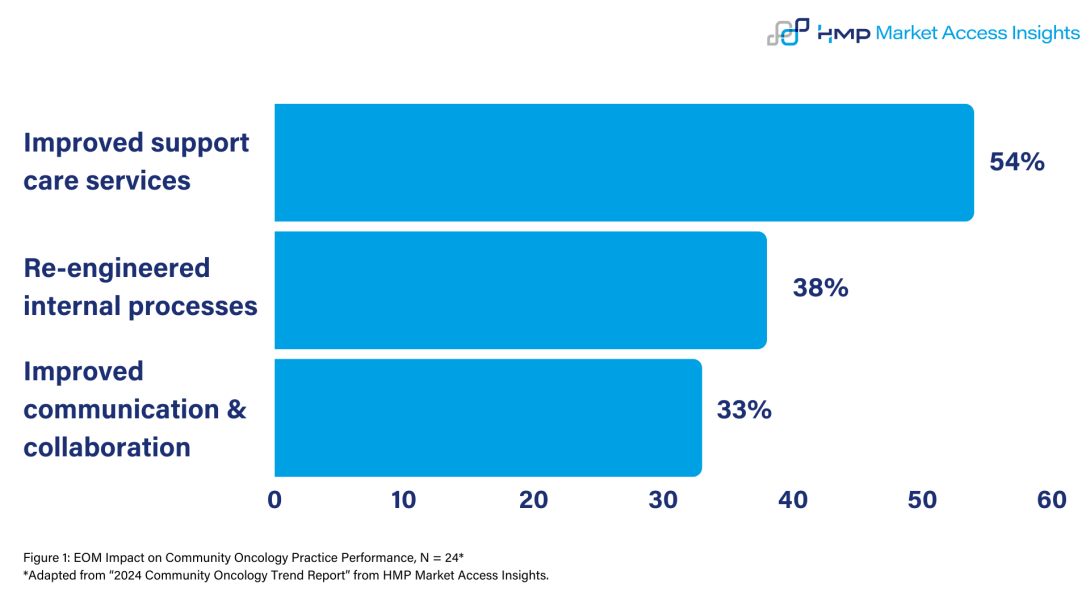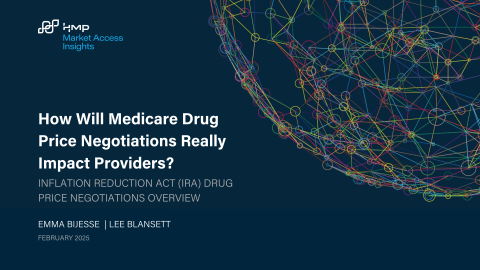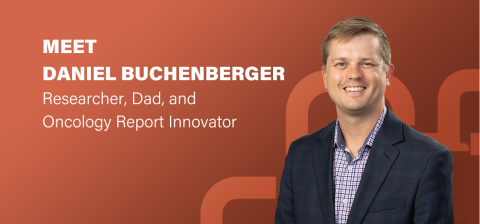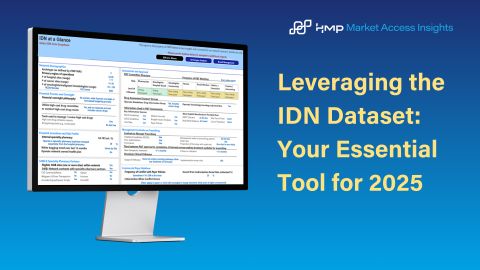

Article
Revolutionizing Cancer Care: EOM's Second Wind and its Current Impact on Community Oncology Practices
October 08, 2024Authors
Topics
The second Enhancing Oncology Model (EOM) application cycle closed on September 16, signaling shifts in community oncology. Explore our 2024 Community Oncology Report to understand EOM’s current impact and changes from this round.

Enhancing Oncology Care Model (EOM) Second Application Cycle
In July 2023, the Centers for Medicare & Medicaid services (CMS) overhauled its oncology value-based care model, instituting the Enhancing Oncology Model (EOM) as a replacement for the Oncology Care Model (OCM) that expired in 2022. Only 41 community oncology practices participated in EOM’s first cohort—a significant decrease from the 122 participants under OCM. In response, CMS created a second EOM application round and instituted several reforms to drive participation and improve the model's effectiveness.
The second round of EOM applications closed on September 16, 2024, and came with several enhancements, including:
- Increasing the Monthly Enhanced Oncology Services (MEOS) payment from $70 to $110 per beneficiary per month, and from $100 to $140 for dual eligible patients.
- Increasing the recoupment threshold each EOM participant pays to CMS from 98% of the benchmark amount to 100% of the benchmark amount. This saves practices from having to pay CMS for episodes of care where total case costs are less than the benchmark amount.
How is EOM Currently Shaping Community Oncology Practices?
Thus far, EOM has led to modest changes in participating community oncology practices (Figure 1); in part this is due to many EOM participants implementing changes during their prior experience in OCM.
- Over 50% of surveyed community oncology practices participating in EOM found it has had a positive impact on improving patient care services.
- However, less than 40% of these practices reported that EOM required re-engineering their internal processes or improved communication and collaboration.
What’s Next for EOM?
As the second round of EOM progresses, MAI anticipates additional practices joining the initiative. However, the full scope of patient and provider outcomes remains to be seen.
- Increased practice participation will likely yield more support and wraparound patient services.
- However, further transformation of practice operations that simultaneously enhance quality of care and reduce costs may be more elusive.
For deeper insights into EOM’s impact on community oncology practices and manufacturer considerations, explore our 2024 Community Oncology Report.
Please don’t hesitate to reach out if you have any questions, I would love to hear from you! I can be reached at asheth@hmpglobal.com.
The Latest
Article
Thought Leadership Whitepaper: How Will Medicare Drug Price Negotiations Really Impact Providers?
As manufacturers prepare for Medicare drug price negotiations, a critical question emerges: How will your provider engagement strategy evolve when Maximum Fair Prices (MFP) take effect in 2026?
Emma BijesseArticle
Meet Dan: Researcher, Dad, and Oncology Report Innovator
At HMP Market Access Insights, we’re lucky to have a team of experts dedicated to uncovering meaningful insights in the oncology space. One of those experts is Dan, whose work is shaping how we approach community oncology research.
Daniel BuchenbergerArticle
Leveraging the IDN Dataset: Your Essential Tool for 2025
As IDNs face increasing complexity in oncology management, having a strategic approach backed by actionable insights is critical. Our dataset doesn’t just offer data—it equips your teams with the tools to anticipate challenges and seize opportunities.
Emma Bijesse





